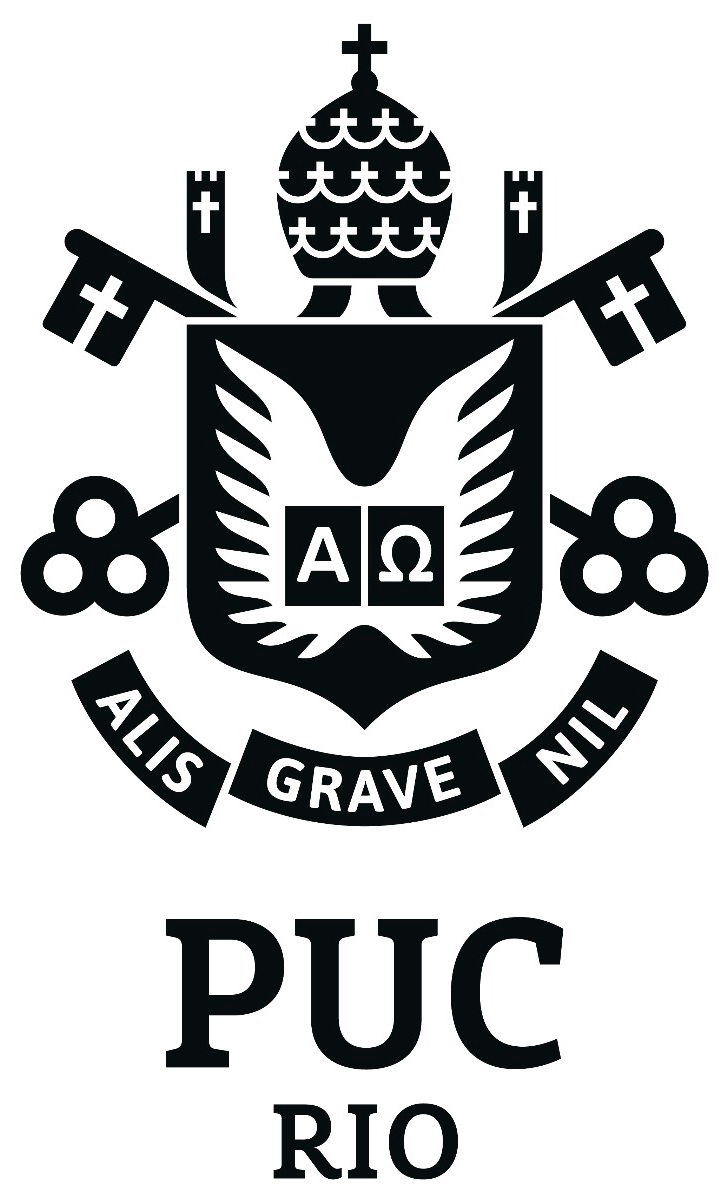Fiscal Risk in an Emerging Open Economy: the Brazilian case
Advisor: Carlos Viana de Carvalho
Examiners: Eduardo Gonçalves Costa Amaral, Yvan Becard.What if the fiscal risk is not negligible? Could the Central Bank continue effectively bringing inflation to the target when it ignores the default risk? To address those questions, we propose a small open economy DSGE model with an endogenous fiscal limit, where the government can default on its domestic bonds, and monetary authority may account for that. We evaluate dynamics under two different Central Bank decision rules: when (i) it wrongly tracks that risk, and (ii) it perfectly tracks default risk. The model is calibrated based on Brazilian data, as its recent budgetary deterioration makes the country an ideal case to be studied. We find that high inflation and depreciated currency coexist with a high interest rate when the monetary authority does not fully account for the default risk. The higher the default probability, the greater the differences across the effects of the two types of policy rules that we analyzed. For a central banker to restore the inflation target, she must fully track default risk in its decision rule. In addition, our model generates an endogenous premium across countries’ interest rates due to differences in sovereign default risk.
See also
Understanding Financial and Non-Financial Balance Sheet Recessions
08/09/2025
Fernando Mendo
Monetary Policy and Housing in HANK
09/05/2025
Bruno Alcântara Duarte
A stochastic simulation/calibration of the cash flows between FAT and BNDES Better understanding the cash flow projections for the fund
05/05/2025
Tiago Cytryn Collett Solberg

